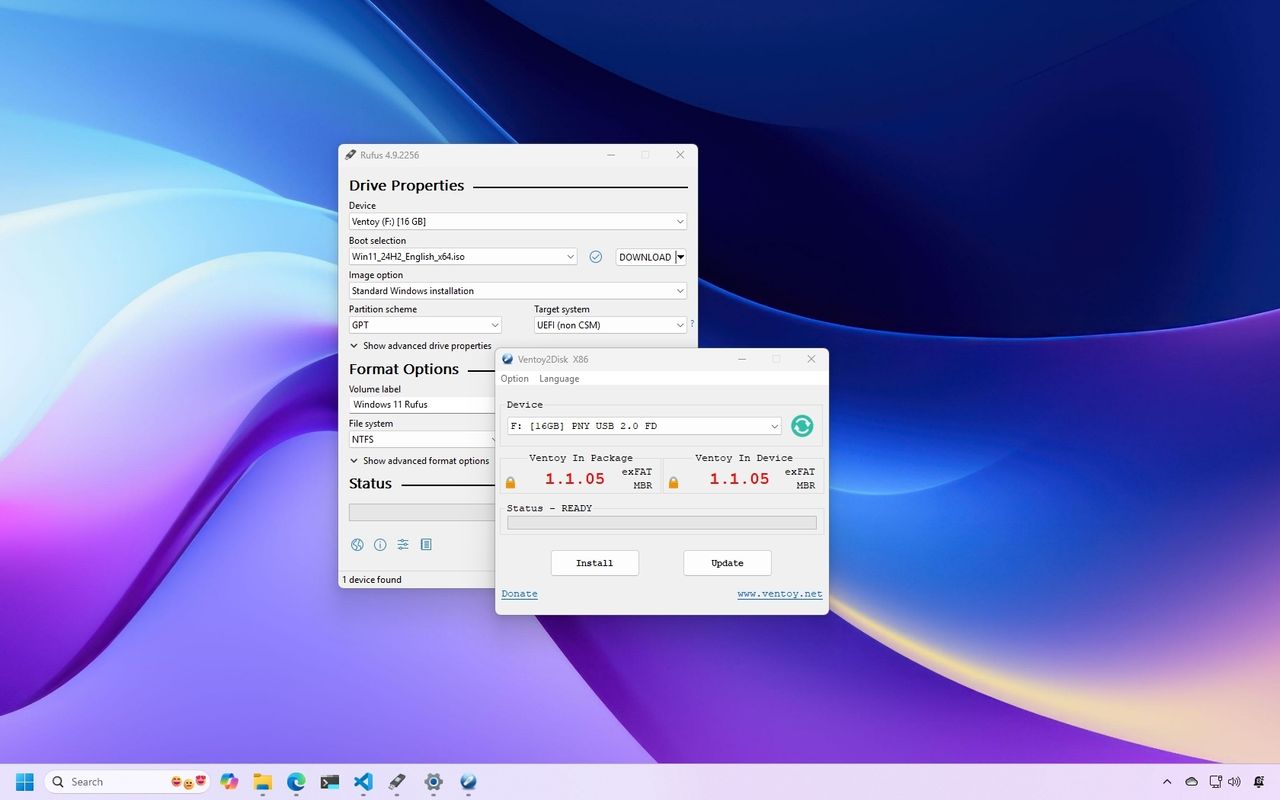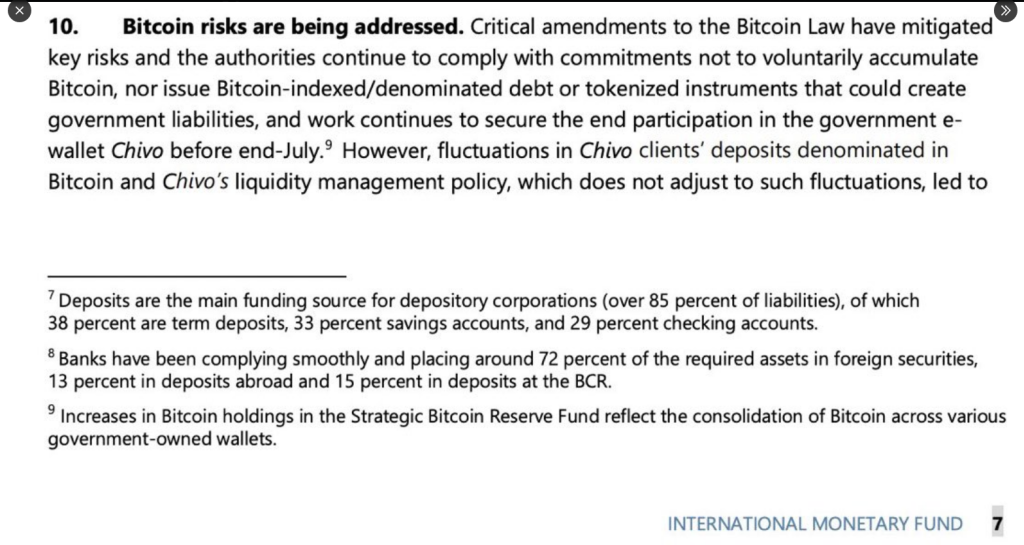
As a die-hard fan of the series, I was pumped about Season 3 and its introduction of the Sparrow Academy, a fresh batch of superpowered characters promising to stir up the narrative. The concept seemed rock-solid on paper, but sadly, the execution left much to be desired. Newcomers felt one-dimensional, lacking the depth and complexity I’ve grown to expect from this show.
Moreover, the entire season felt like a mad dash, attempting to balance too many storylines without giving any the time and attention they deserved for proper development. A prime example: Ben (Justin H. Min), whose drastic makeover from scruffy to clean-cut left me scratching my head. The transformation was intentional on the part of the production team, but for fans like myself who closely follow the show, such details matter – especially when they don’t contribute to the plot or feel thoughtless and sloppy.









